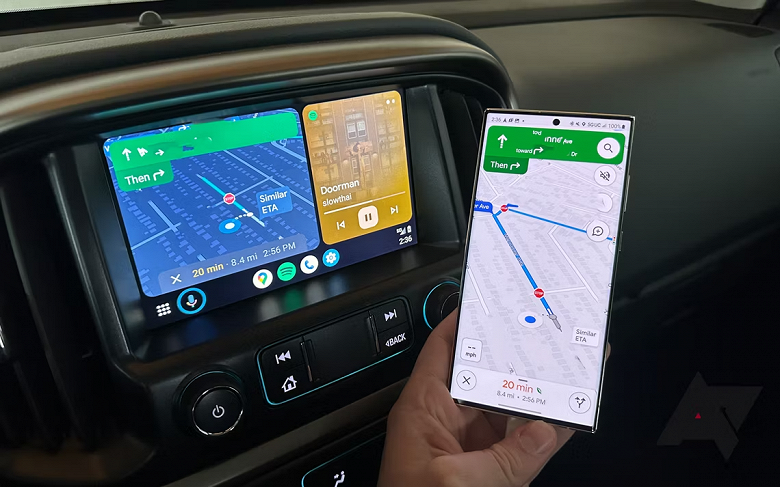The obvious is incredible: even Google engineers are confused about the search giant’s privacy settings
According to internal documents disclosed in the Google data collection lawsuit, the company’s privacy settings can confuse not only ordinary users but also employees of the search giant itself.
“The current user interface looks like it was designed to protect your data, but the process itself would be complex enough that people couldn’t understand it, ” said one Google employee, according to recent clippings from internal documentation. published. The case was originally filed by Arizona’s chief attorney, Mark Brnovich, in May.
“Even senior Google employees do not understand under what conditions Google collects their location data,” Brnovich and his team wrote in their complaint. The Arizona investigation was launched following a 2018 Associated Press article that said Google services would keep location data from Android or iPhone devices even if the user pauses Location History. That is, even if this setting is disabled, some Google apps will still automatically save location along with timestamps.
“I agree with the article, ” wrote a Google employee in published documents. – The disabling location should mean disabled location; without any exceptions for certain cases. “
Google said it is working with the Arizona attorney general to provide documents and answer questions from investigators. “Privacy controls have long been built into our services, and our teams are constantly working to refine and improve them, ” said Google spokesman Jose Castaneda. “ In terms of location information, we’ve received feedback and worked hard to improve privacy controls. In fact, even in these carefully selected accusations and published passages, it is clear that the team’s goal was to reduce the confusion surrounding the location history settings. ”
The outrage that Google is hiding advanced location options under Internet & App Activities deep in account settings ultimately led the company to make its privacy toggles more visible. Changes over the past couple of years have resulted in Google’s current policy of automatically deleting location and search history for new users. Old users still need to visit their Manage Actions page to change their settings.
But while Google has made the change, it is clear that it can go much further. Documents from the Arizona lawsuit are clear about the confusion users face. For example, Google displays targeted ads and, among other things, uses location data to personalize them. It is possible to turn off ad personalization with a special parameter, but the complaint claims that Google will not stop displaying location-based ads, but will simply lower the accuracy from GPS coordinates to a three-kilometer spot.
Moreover, disabling this setting will not affect Google’s other advertising service DoubleClick, which is used to serve ads on third-party websites. Removing location information from these advertisements requires activating a setting in another user interface, and Google will use location information in the same way, only less accurate.
The complaint says that through such deceptive and unfair practices and practices, Google makes it impractical, if not impossible, for users to meaningfully refuse to collect location information, even if people are willing to do so.









